Sulbutiamine is a derivative of vitamin B1 developed to increase its bioavailability. This compound has a strong nootropic effect as it regulates activity of the key neurotransmitters. In effect, it improves attention and effectiveness of information acquisition. It also increases the level of mental and physical energy. Sulbutiamine helps to maintain inner balance and a good mood.
€16,99 – €219,99
Add review
Sulbutiamine | NeuroThiamine™
Properties: Sulbutiamine is a synthetic, nootropic compound that is formed in the synthesis of two vitamin B1 molecules. During this process, it is possible to obtain an “improved” version of this vitamin with different properties. Sulbutiamine is unique because of its high bioavailability and the ease with which this compound penetrates the blood-brain barrier. This is why it is generally stronger than “normal” vitamin B1 as it is well absorbed into the bloodstream and can affect many key processes that occur in the body.
Sulbutiamine supports the proper functioning of the nervous system because it regulates the functioning of key neurotransmitters. The increased secretion of dopamine and glutamate will definitely increase motivation and make you more willing to undertake new tasks. For this reason, sulbutiamine can prove to be an invaluable help for people who keep procrastinating certain activities. Sulbutiamine also influences the mechanisms that control emotional reactions and are important in terms of coping with stress. Moreover, by taking sulbutiamine, you’ll increase the activity of GABA making it easier to maintain inner balance and react calmly to various situations, especially those difficult.
Since sulbutiamine stimulates the secretion of acetylcholine, which is responsible for the most important cognitive functions of our brain, this compound has a beneficial effect on memory as well as attention capability and intellectual performance. All of these processes are significant in regards to absorbing new information. Therefore, sulbutiamine will be useful for people who often perform mental work and need emotional balance with a lot of energy to act.
Occurrence: Sulbutiamine does not occur in nature. It is obtained by chemical synthesis in laboratories. There is no data about when exactly sulbutiamine was first synthesized, but the earliest records of this substance come from 1973.
Biochemistry: Sulbutiamine (isobutyryl thiamine disulfide) is an organic chemical compound, a synthetic derivative of thiamine. It is obtained as a result of synthesizing two molecules of vitamin B1 (thiamine) with a disulfide bridge. In the human organism, it has a better bioavailability after oral administration than vitamin B1 since it is well-soluble in fats. It easily crosses the blood-brain barrier. After crossing this barrier, sulbutiamine breaks down into thiamine and its phosphate esters (monophosphate, diphosphate and triphosphate). Because of that, it primarily increases the level of vitamin B1 and facilitates increasing the level of dopamine, glutamine and acetylcholine.
Sulbutiamine also enters the blood flow easily and increases the circulation. As a result, it provides better oxygenation and improves the blood supply to the brain and other organs. Additionally, it accelerates the metabolism of carbohydrates and fats in the body.
Fun fact: The history of sulbutiamine discovery is directly related to thiamine research conducted in Japan. The reason was the disease called “beriberi” that spread among the Asian population. The cause of this vitamin B1 deficiency condition lies in the diet and is directly related to the consumption of white rice. The relationship between diet and the disease was first noticed by military surgeon Takaki Kanehiro. This incident started research focused on developing a way to effectively replenish vitamin B1 deficiency in the body. Consequently, sulbutiamine was discovered and obtained in the 1970s.
How does Sulbutiamine | NeuroThiamine™ work?
Supports attention: Positive effect on cognitive functions is one of the most significant sulbutiamine properties. This claim is not solely based on the reports of people who use this “supervitamin B1”. There is extensive research indicating that this compound is able to increase the activity of neurotransmitters that are important to maintain a high level of focus, including acetylcholine and dopamine. The first one facilitates transmission of signals between nerve cells, significantly improving efficiency of thinking. The proper level of dopamine determines the ability to focus attention on a specific task and to smoothly transfer it from one topic to another, the so-called multitasking. Since sulbutiamine stimulates the activity of those neurotransmitters, it might be a valuable support for intellectual work.
Improves mood: Sulbutiamine is made of two thiamine (vitamin B1) molecules. Thiamine – and therefore sulbutiamine – is a cofactor of the enzyme involved in the production of GABA, the main inhibitory neurotransmitter responsible for reduction of nerve impulses and stress resilience. Sulbutiamine has also been shown to increase the concentration of dopamine receptors that are responsible for the functioning of the brain’s “reward system”. Besides that, it is worth noting since sulbutiamine increases the level of thiamine that is also a cofactor in the production of serotonin – another key neurotransmitter that is commonly known as a “happiness hormone” because of its positive effect on general well-being. Scientific research shows that regular intake of sulbutiamine improves mood. This effect has been observed in clinical trials after two months of supplementation. Research suggests that sulbutiamine might also be effective in reducing behavioral symptoms of social withdrawal, increasing self-confidence and improving the quality of social life.
Supports memory: Sulbutiamine might have a beneficial influence on processes related to information acquisition. Research indicates that this vitamin B1 analogue is able to increase the density of acetylcholine receptors in the brain. Acetylcholine is probably the most significant neurotransmitter that affects memory. It determines the speed at which the brain processes information and combines new pieces of data with those that were stored earlier. Results of scientific studies have shown that sulbutiamine increases choline uptake and its conversion into acetylcholine in the cells of the hippocampus. This structure of the central nervous system is responsible for long-term memory. Hence, by stimulating acetylcholine activity in this area, sulbutiamine helps to remember information more efficiently but also makes it easier to recall memories.
Increases energy level: When the excitatory neuron balance is weakened, fatigue often occurs, even for no apparent reason. It can include both the physical and intellectual spheres. The results of numerous studies have shown that sulbutiamine increases the activity of glutamate and dopamine. Glutamate is the major excitatory neurotransmitter. Its balanced activity is crucial if one is to enjoy a high level of “mental energy”. Dopamine is sometimes called the “fuel for the mind” since it improves motivation to act. In addition, sulbutiamine stimulates the functioning of mitochondria – the structures in which ATP is produced, i.e. the carrier of energy necessary for the work of cells, including neurons. All these elements help to energize both the mind and the body which might be helpful in overcoming the tendency to procrastinate.
Sulbutiamine | NeuroThiamine™ product specification
TYPE OF PRODUCT: |
|
STANDARDIZATION: |
|
MEASURING: |
|
PACKAGING: |
|
INTENDED USE: |
|
LEGAL STATUS: |
|
How to use Sulbutiamine | NeuroThiamine™?
RECOMMENDED SERVING: |
|
SERVINGS PER DAY: |
|
BEST ABSORPTION: |
|
WHEN TO USE: |
|
OPTIMAL CYCLE DURATION: |
|
How to stack Sulbutiamine | NeuroThiamine™?
To support attention:
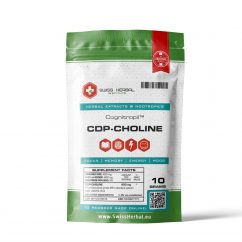
CDP-Choline | Citicoline
Absorbable choline for better cognition and motivation

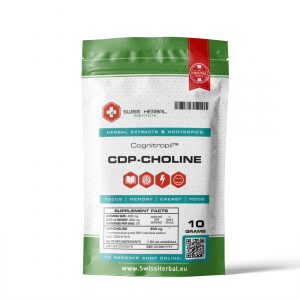
€16,99 – €219,99
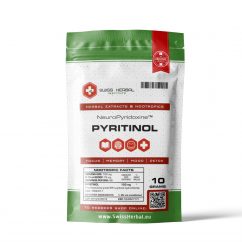
Pyritinol | NeuroPyridoxine™
The newer generation of vitamin B6

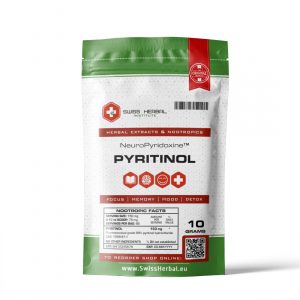
€9,00 – €108,00
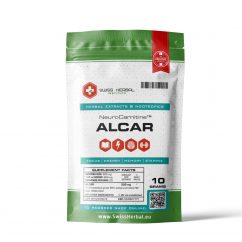
ALCAR | Acetyl-L-carnitine
Best version of L-carnitine to boost your brain

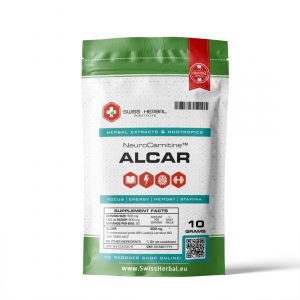
€7,99 – €89,99

NALT | NeuroTyrosine™
Better version of tyrosine - for even better motivation

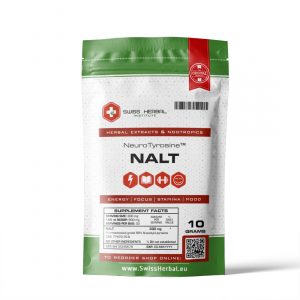
€9,99 – €129,99
To improve general mood:
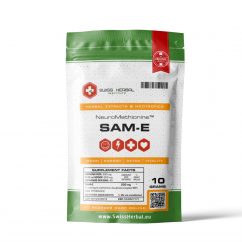
SAM-e | S-adenosyl methionine
For good mood and efficient memory

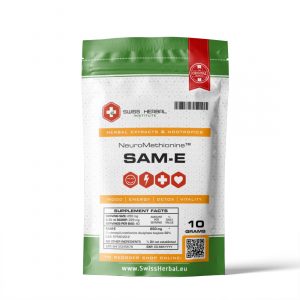
€14,99 – €204,99
Previous lowest price was €14,99.
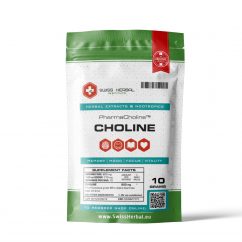
Choline | Choline bitartrate
Affordable and effective direct precursor of acetylcholine

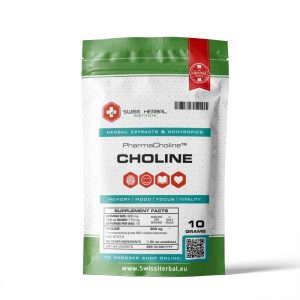
€7,99 – €89,99
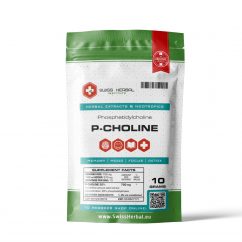
Phosphatidylcholine 20% | Helianthus annuus
Necessary for every single cell!

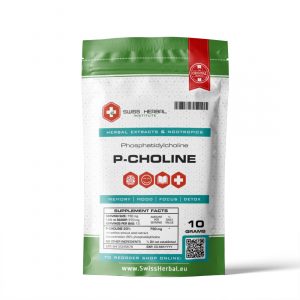
€4,99 – €54,99
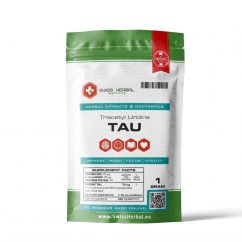
Uridine TAU | Triacetyluridine
Highly absorbable support for your brain

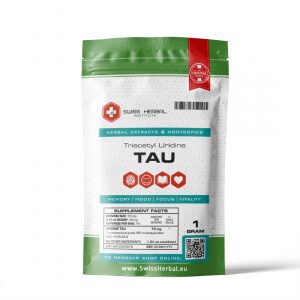
€12,99 – €161,99
To improve memory:
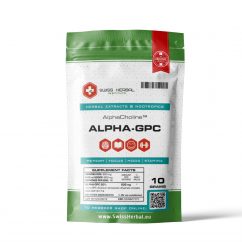
Alpha-GPC 50% | AlphaCholine™
Alpha choline for alpha individuals

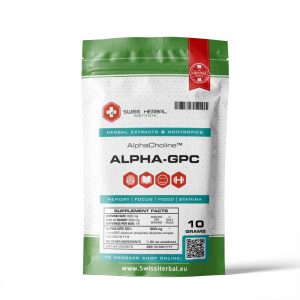
€14,99 – €199,99
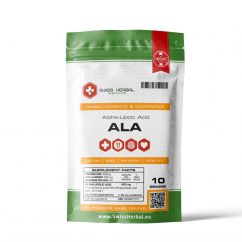
ALA | Alpha-lipoic acid
Protects the liver and stimulates metabolism

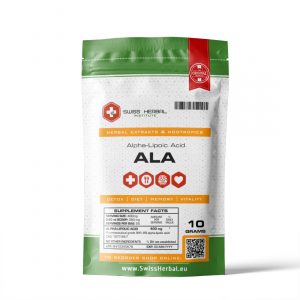
€9,99 – €129,99

CDP-Choline | Citicoline
Absorbable choline for better cognition and motivation


€16,99 – €219,99
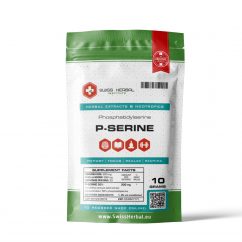
Phosphatidylserine 50% | AlphaSerine™
Main ingredient for your cells and the brain

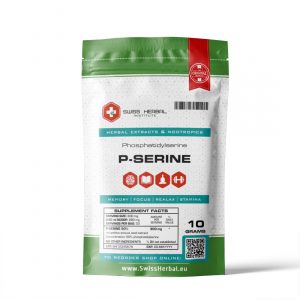
€14,99 – €199,99
To increase energy level:
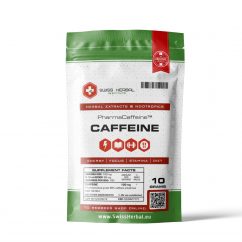
Caffeine | Anhydrous caffeine
Pure essence of coffee. No extras needed.

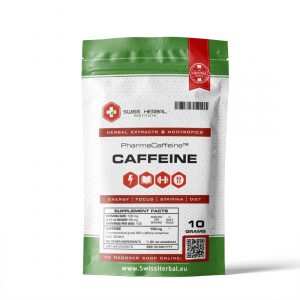
€4,99 – €54,99
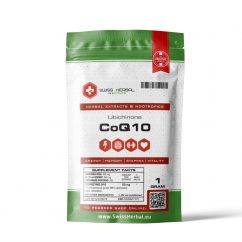
Coenzyme Q10 | Ubiquinone
Better brains, better looks, better vitality

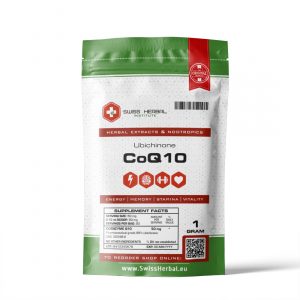
€9,99 – €129,99
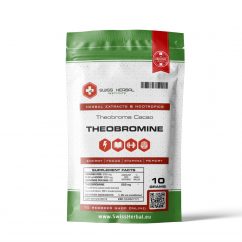
Theobromine extract 99% | Theobroma cacao
Helps to energize and keep focus

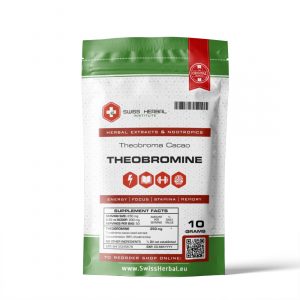
€14,99 – €199,99
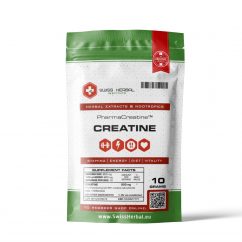
Creatine | PharmaCreatine™
Energy, muscles and the brain

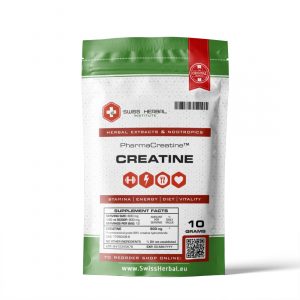
€4,99 – €54,99
INGREDIENTS:
Current discounts

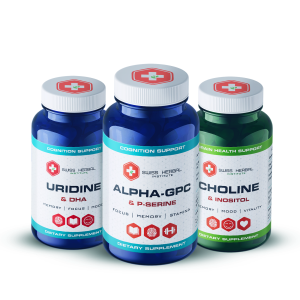
Original price was: €60,97.€56,00Current price is: €56,00.
Previous lowest price was €56,00.

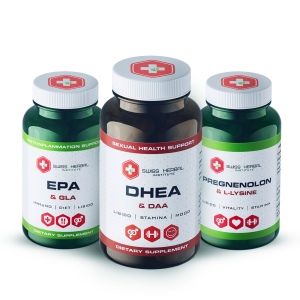
Original price was: €45,97.€39,00Current price is: €39,00.
Previous lowest price was €39,00.

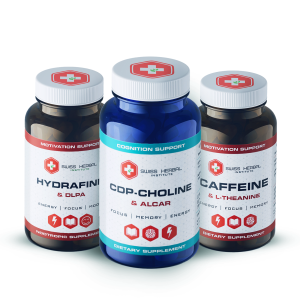
Original price was: €65,97.€59,99Current price is: €59,99.
Previous lowest price was €59,99.

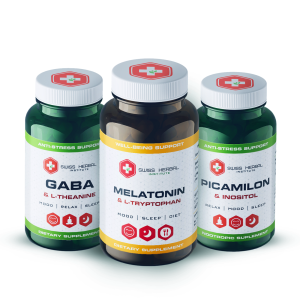
Original price was: €45,99.€39,00Current price is: €39,00.
Previous lowest price was €39,00.

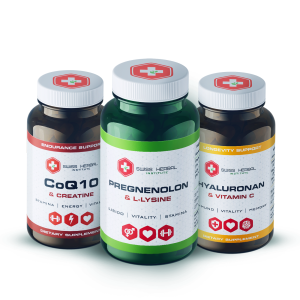
Original price was: €45,99.€39,00Current price is: €39,00.
Previous lowest price was €39,00.

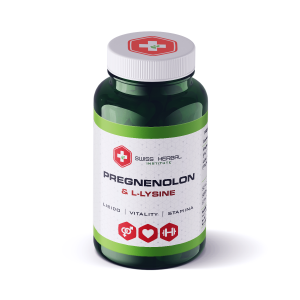
Original price was: €17,99.€14,99Current price is: €14,99.
Previous lowest price was €14,99.

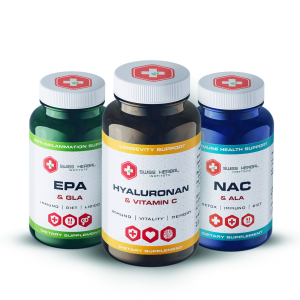
Original price was: €47,97.€41,97Current price is: €41,97.
Previous lowest price was €41,97.

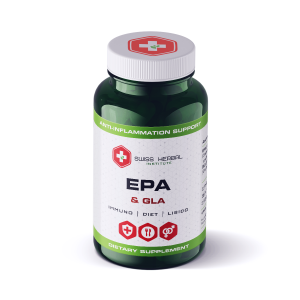
Original price was: €19,99.€17,99Current price is: €17,99.
Previous lowest price was €17,99.

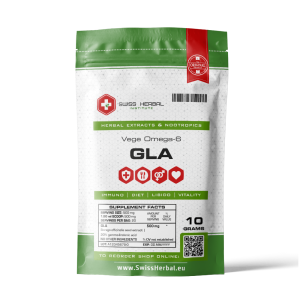
€7,99 – €89,99
Previous lowest price was €7,99.

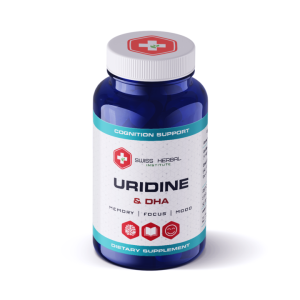
Original price was: €22,99.€19,99Current price is: €19,99.
Previous lowest price was €19,99.

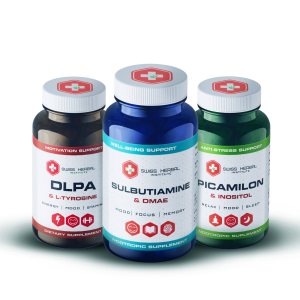
Original price was: €51,97.€45,97Current price is: €45,97.
Previous lowest price was €45,97.

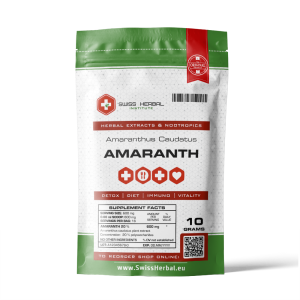
€4,99 – €54,99
Previous lowest price was €4,99.

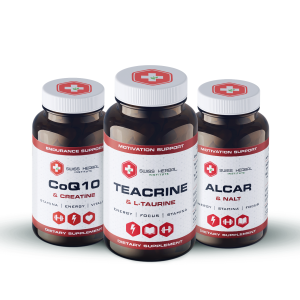
Original price was: €47,97.€41,97Current price is: €41,97.
Previous lowest price was €41,97.


Original price was: €19,99.€17,99Current price is: €17,99.
Previous lowest price was €17,99.

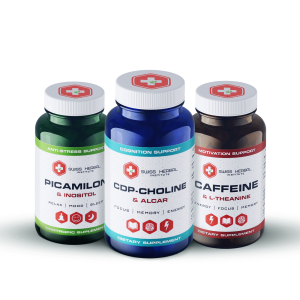
Original price was: €59,99.€54,99Current price is: €54,99.
Previous lowest price was €54,99.
The above information about products should be considered a historical and scientific facts, not a recommendation on how to use a specific substance. Dietary supplements should not be treated as an alternative to a healthy lifestyle and balanced diet. The above information is not medical advice. Every use of a dietary supplement or herbal/nootropic compound should be consulted with a doctor or a specialist. Dietary supplements as well as nootropic and herbal compounds should not be mixed with medication. Our products should not be used by breastfeeding women and by the people under the age of 18.

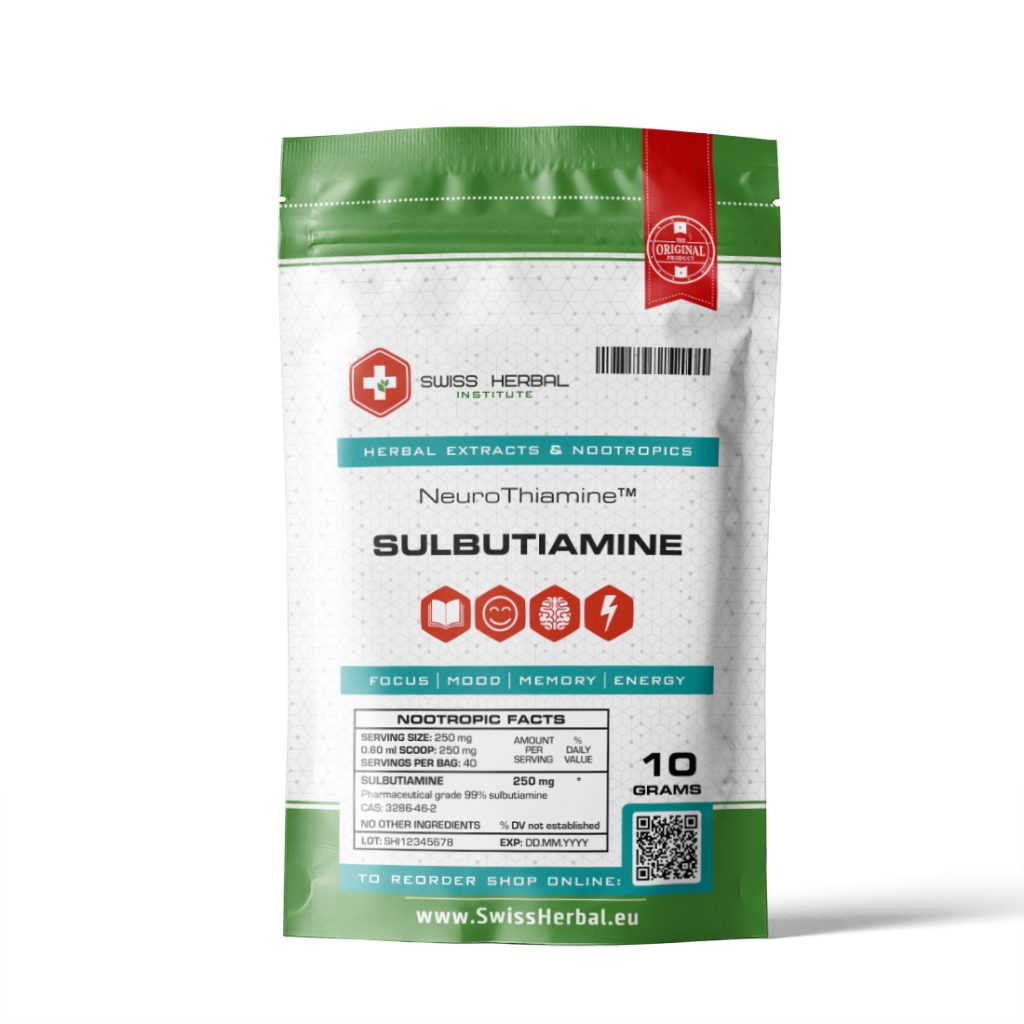
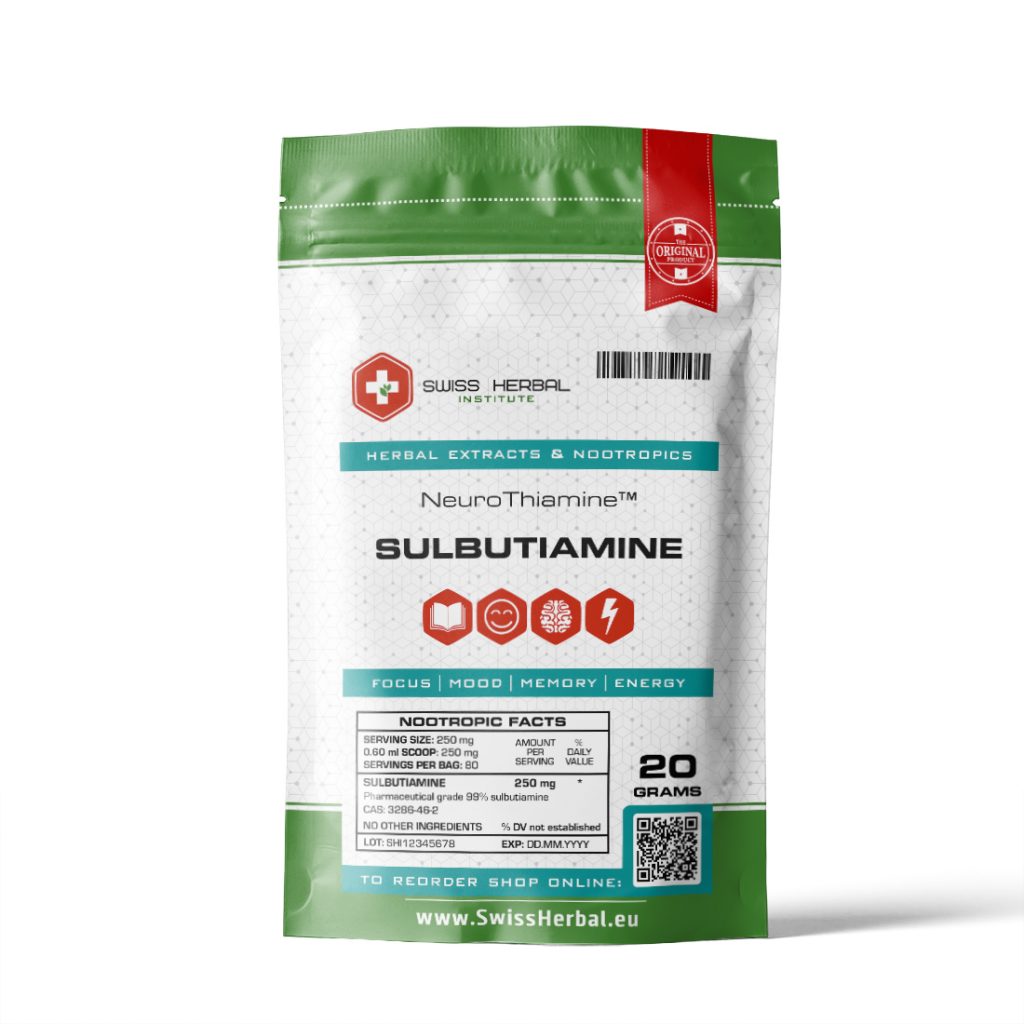
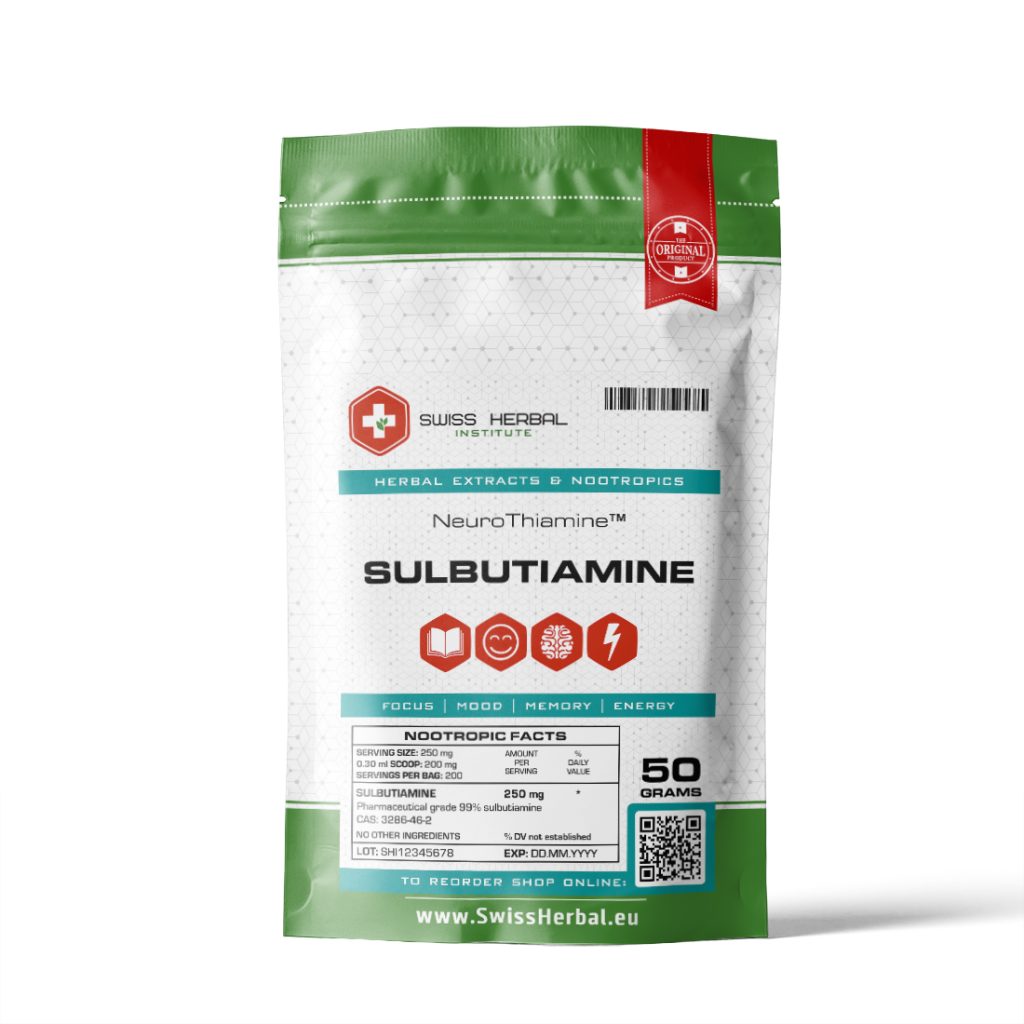
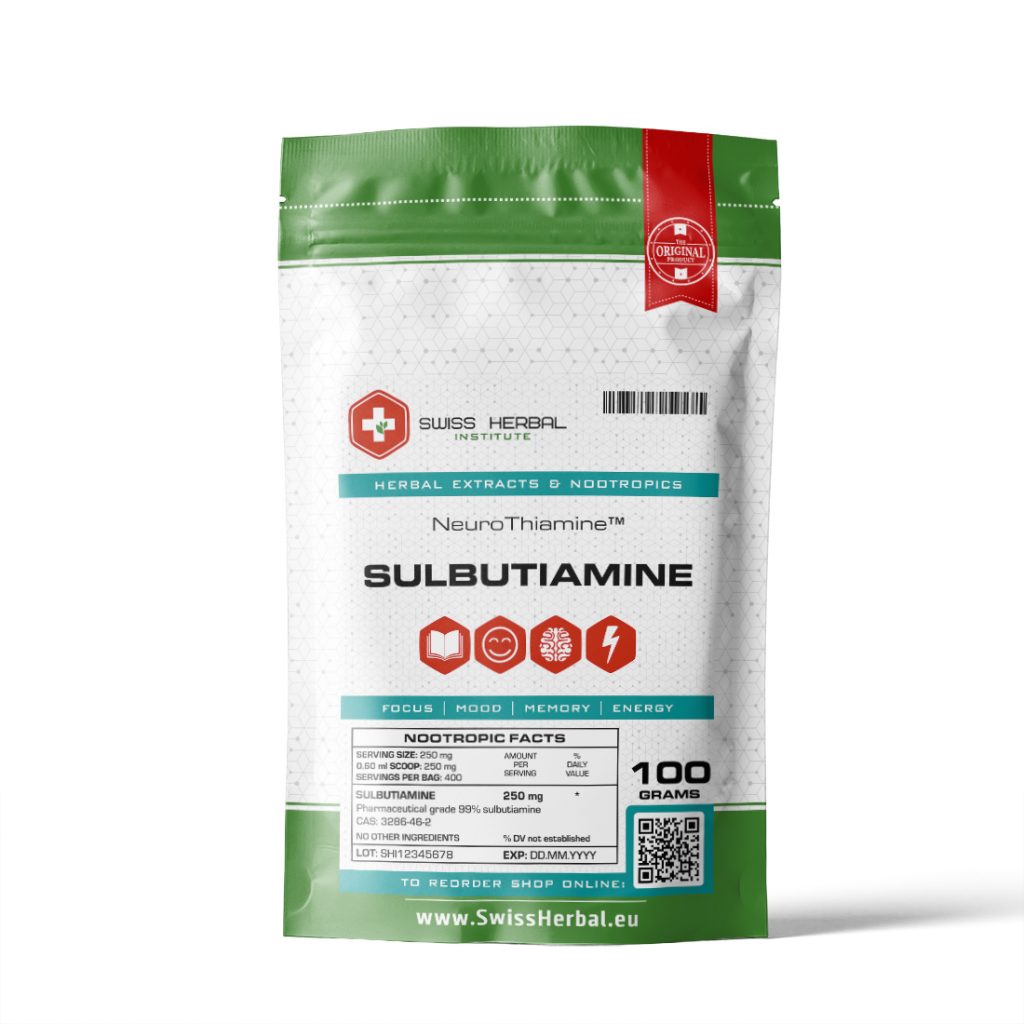
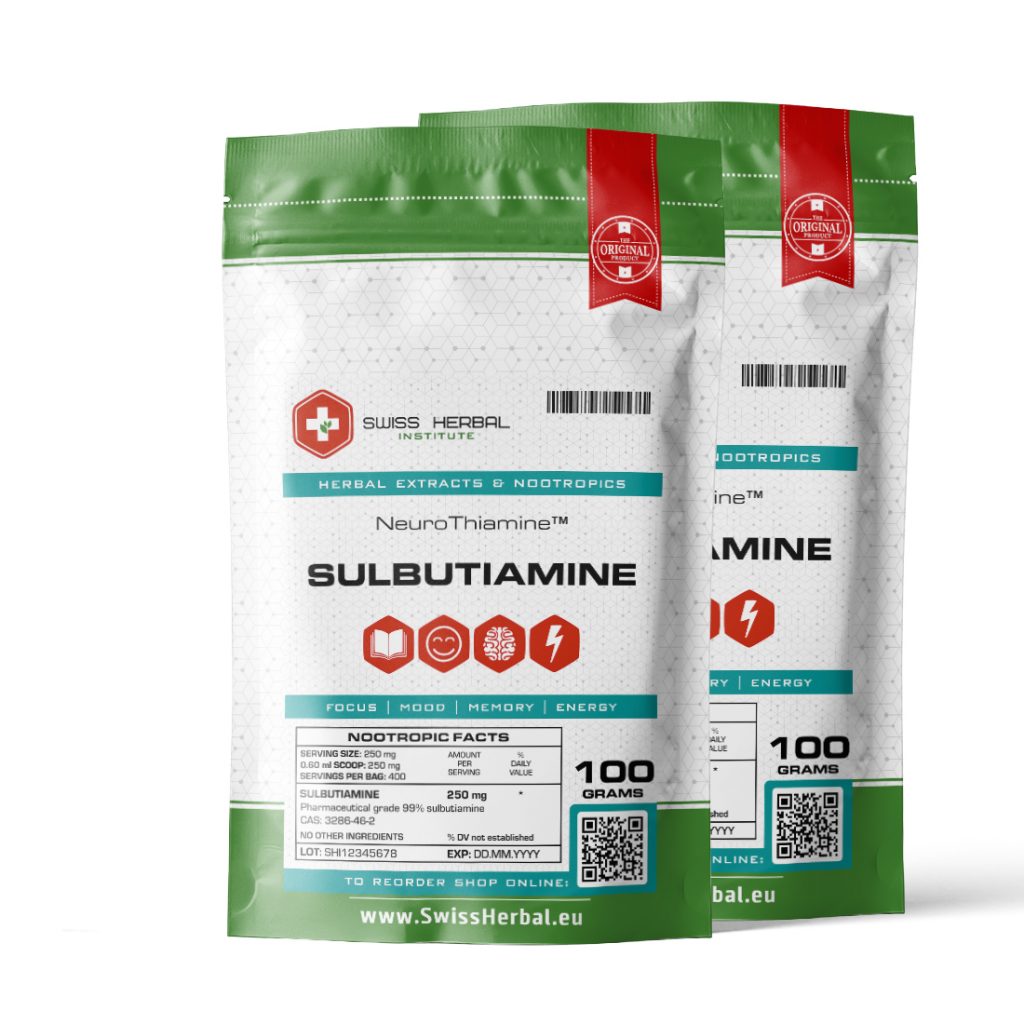




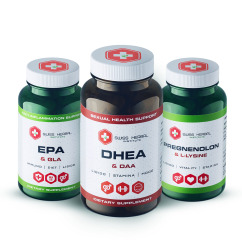
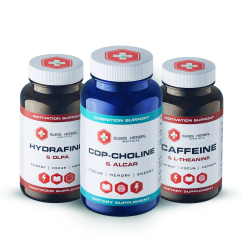
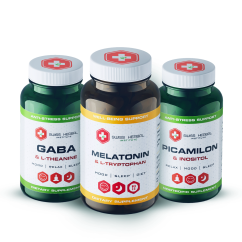
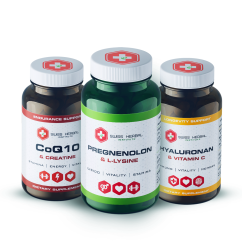

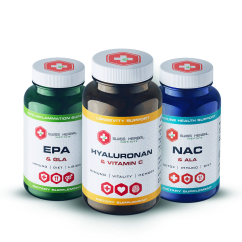
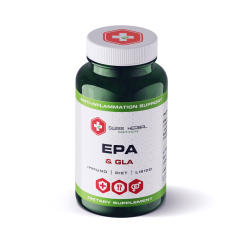
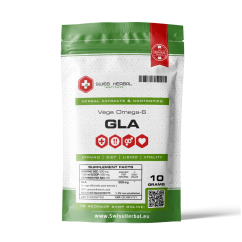
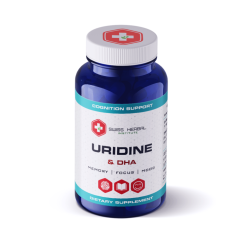
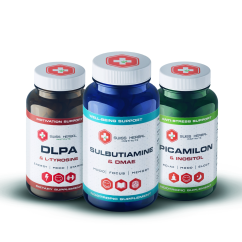
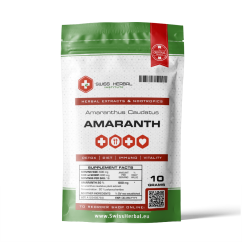
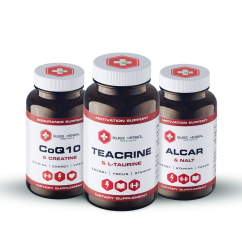
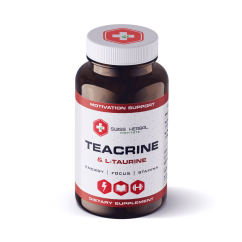
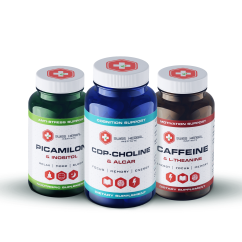
There are no reviews yet.